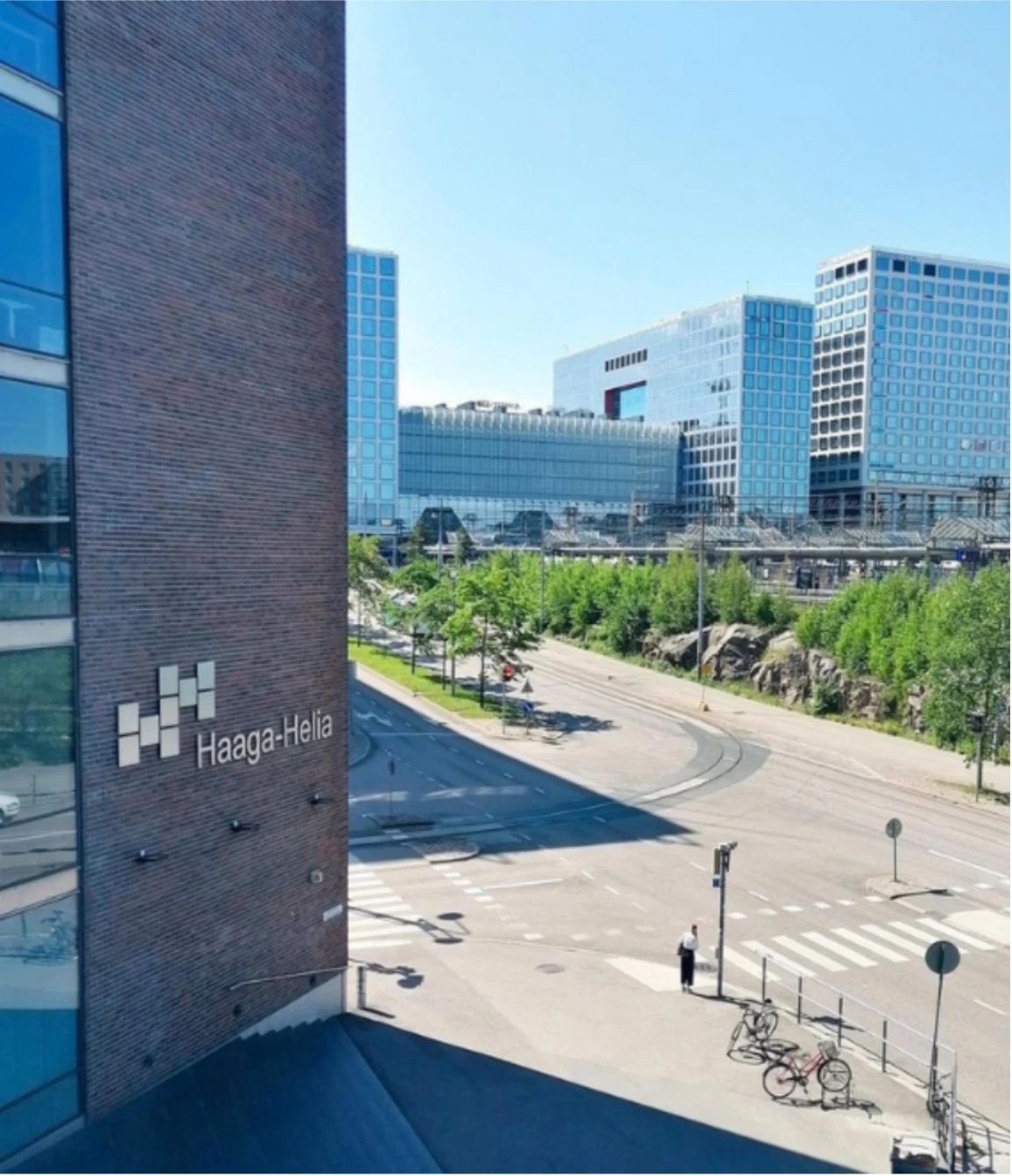As part of the Erasmus funding process, you are required to submit the following
pre-departure
documents to receive the 70% advance payment of the total grant. Upon submission, the
funds will
be processed within 30 days. You are requested to submit the pre-departure documents as
early as
possible to ensure that the first instalment of your grant (70%) is received in time for
the start
of the mobility.
1. Financial Identification Form (FIF)
Financial Identification Form includes the banking details of the
student where the funds are to be transferred. Handwritten forms are not accepted. The
form must
be typed and requires confirmation of details by:
- Either obtaining a signature from a bank representative
OR
- Attaching a bank statement confirming the provided IBAN number and the student as the
account holder.
2. Erasmus+ Learning Agreement
The Erasmus+ Learning Agreement for studies mobilities can be filled in online through
the following
link: Home | OLA
(learning-agreement.eu).
The learning agreement binds three parties together:
- the student
- the sending institution (ITS)
- and the hosting institution
The learning agreement contains any information regarding the learning programme and
needs to be
signed by all parties for it to be valid.
An information session will be held to assist with any questions.
For students carrying out a traineeship mobility (14-week internship placement), need to
fill in
the following template document: Erasmus+ Traineeship Agreement.
The 14-week placements must be confirmed with the Internship Department before you proceed
with
applying for Erasmus+ funding. Your first point of contact should be the Internships
Department.
3. European Health Insurance Card and Travel Insurance
It is recommended that you are in possession of a valid European Health Insurance Card
throughout
the duration of your mobility. To apply for a EHIC click
here.
Since the EHIC is not an alternative to travel insurance, every student who is about to
carry out
an Erasmus+ mobility must be in possession of a travel insurance policy valid for the
whole duration
of the mobility. The travel insurance policy must cover:
- Emergency medical expenses and repatriation
- Accident cover and public liability
It is recommended that the insurance policy also covers loss or theft of travel
documents, electronic
equipment, and luggage. Students are to provide a copy of the insurance policy and send it
via email
on erasmus@its.edu.mt.
4. Online Linguistic Support
Students who are carrying out a student studies mobility (SMS), are requested to do a
language placement test of the host country’s national language. BIHM students carrying
out their studies mobility at Haaga-Helia are requested to do a placement test in
Finnish
and BCA students carrying out their studies mobility at Institut Lyfe are requested to do
a placement test in French.
These tests will determine your proficiency in the host country’s national language.
A screenshot of the mark obtained in the placement test is requested by the Erasmus
Department and to be sent on erasmus@its.edu.mt. To access the OLS courses and to sit
for the OLS placement test, you need to create an account on the EU Academy platform.
A step-by-step guide on how to create an account can be found
here.
Additionally, you will be given free access to language courses to enhance your language
skills and
proficiency during your mobility.
The OLS is not mandatory for students who are carrying out a student mobility for
traineeships, though it is encouraged.
5. Erasmus+ Participant Grant Agreement
Upon submitting the pre-departure documents (1-4 above in the case of Erasmus+ studies
mobilities,
and 1-3 above in the case of Erasmus+ traineeship mobilities), the Erasmus+ Department
will draft
an Erasmus+ Participant Grant Agreement and send you a copy via email. You are requested
to initialise
each page (bottom right), sign the agreement on the last page and send it via email on
erasmus@its.edu.mt.
The Erasmus+ Grant Agreement is then counter-signed by the CEO and a copy of the
counter-signed version
will be sent to you via email. Upon endorsement, the 70% advance payment of the total
eligible grant will
be processed and issued within 30 days.
During the mobility
Any issues encountered during the mobility should be immediately addressed to the
Academic/Internship
Manager and Erasmus Coordinators. Possible changes that might affect the Erasmus+ mobility
(especially
duration of the mobility and/or change in modules) need to be documented in the Erasmus+
Agreement. Any
changes must first be approved by the Academic/Internship Manager and Erasmus
Coordinators.
Should you encounter any problems or issues during the mobility, be it personal or
academic, support
and assistance will be given whenever possible.





